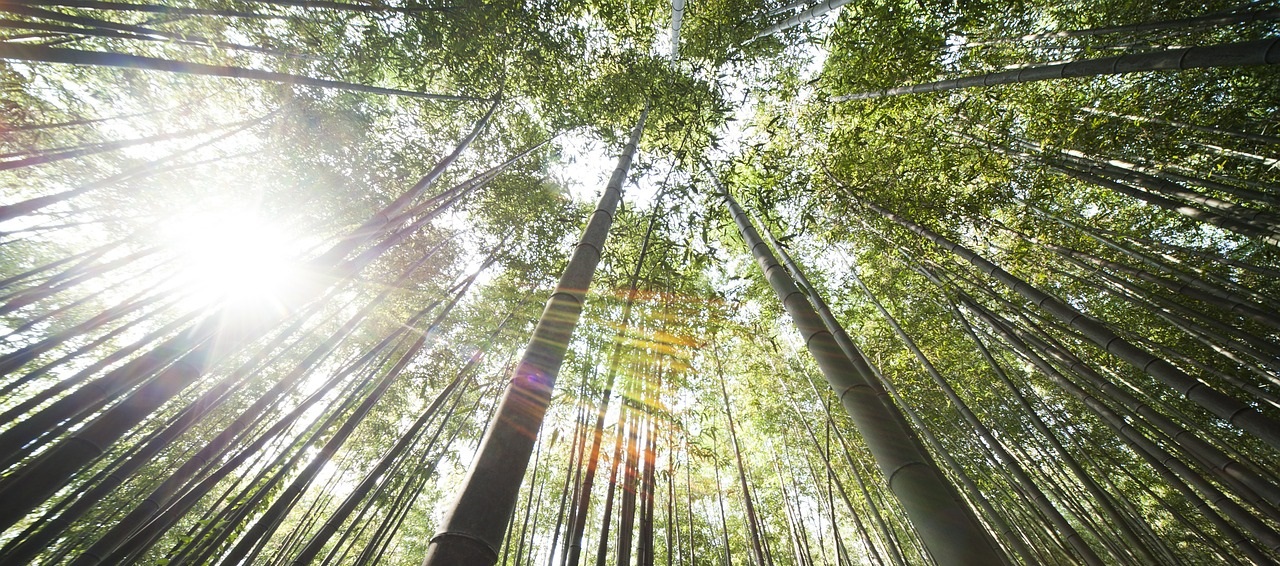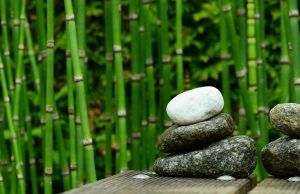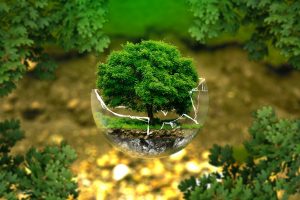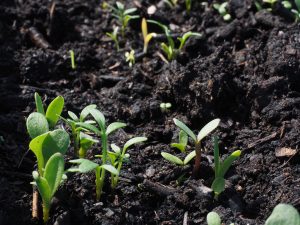
Wimbledon 2020 Cancelled
It is almost that time of the year when people would go watch a sporting

The benefits of bamboo begin long before it goes into production and last well after you’ve purchased your bamboo pillow, beddings, or clothing. Cotton has been known for centuries as the best material for anything that touches the skin. Premium cotton has some wonderful benefits, but bamboo can match these advantages every time, and has a few of its own that even the best cotton products can’t compete with. In this first instalment of our series on bamboo vs cotton, we touch on what happens during the growing processes of both these popular materials so you can see for yourself what makes bamboo the greener alternative.
Going green has been the focus of more and more businesses and households over the past few decades. This trend has placed bamboo in the spotlight as the most environmentally friendly material for the manufacture of textiles. From the very beginning, bamboo is already a boon for the environment.
 Bamboo grows very quickly – up to 120 centimetres per day – and the supply can therefore be replenished much faster than what is produced by a cotton plantation. Bamboo is a rapidly-renewable fibre, producing much more fibre per acre of land as compared to cotton, and unlike cotton, does not need to be replanted after every harvest. This is another plus since replanting means bringing in gas-guzzling tractors to turn over the soil and make it ready for new seedlings.
Bamboo grows very quickly – up to 120 centimetres per day – and the supply can therefore be replenished much faster than what is produced by a cotton plantation. Bamboo is a rapidly-renewable fibre, producing much more fibre per acre of land as compared to cotton, and unlike cotton, does not need to be replanted after every harvest. This is another plus since replanting means bringing in gas-guzzling tractors to turn over the soil and make it ready for new seedlings.
Even during the growing process, bamboo trumps cotton. Bamboo is known to absorb a lot of water, and this can confuse many people into thinking that it drinks a lot of water. The opposite, however is true. Because bamboo is very good at taking up water, it actually uses about a third of the amount of water needed to properly irrigate a cotton plantation. To illustrate more specifically, to grow enough cotton to produce a single cotton T-shirt, a farmer will need to pour in up to 2,700 litres of water. Because of its fast growth and low water requirement, bamboo is highly sustainable and therefore a most desirable alternative to cotton.
 Another vital element in the proper nourishment of plants is fertilisers. Every cotton farmer knows that without good fertiliser, a cotton plantation will not produce a good yield. Bamboo, however, grows long and strong all by itself. Organically grown cotton is of course also available, but the cost of producing a crop using only natural pesticides and fertilisers raises consumer costs substantially.
Another vital element in the proper nourishment of plants is fertilisers. Every cotton farmer knows that without good fertiliser, a cotton plantation will not produce a good yield. Bamboo, however, grows long and strong all by itself. Organically grown cotton is of course also available, but the cost of producing a crop using only natural pesticides and fertilisers raises consumer costs substantially.
One major problem that all farmers face is pests, and cotton is one crop that attracts a lot of these troublesome insects. Cotton is known the world over as the most pesticide-intensive crop to grow. Most cotton plantations make use of harsh chemical pesticides which, on top of all the chemical fertilisers they are doused with, makes cotton farming extraordinarily toxic to the environment. This toxicity can also be passed on to consumers. Bamboo, on the other hand, has no natural pests because it contains an inherent pest-repelling compound.
One often overlooked benefit of bamboo is that the bamboo plant absorbs more carbon dioxide from the air than the cotton plant does, and also releases more oxygen into the air. This improves the quality of the air to a greater extent, which is a vital need for our planet in these times of increasing industrial pollution.
 As a final crowning advantage, bamboo, the most organic textile material there is, is completely biodegradable. When it has come to the end of its long days, it can be safely returned to the environment. Its decomposition process does not produce pollution of any kind, and will only nourish the soil.
As a final crowning advantage, bamboo, the most organic textile material there is, is completely biodegradable. When it has come to the end of its long days, it can be safely returned to the environment. Its decomposition process does not produce pollution of any kind, and will only nourish the soil.
Bamboo brings us clear benefits over cotton: It uses up very little water – a non-sustainable resource that is crucial to our survival, – does not consume resources in the form of fertilisers, does not require the introduction of chemical poisons into the soil and water table, and even gives back by cleaning the air that has been tainted by chemical sprays and industrial processing facilities, and leaves no harmful trace up to the very end.

It is almost that time of the year when people would go watch a sporting

Queen Elizabeth II has two birthdays to celebrate: her actual birthday on 21 April and

The first of May is celebrated by many countries around the world as Labour Day